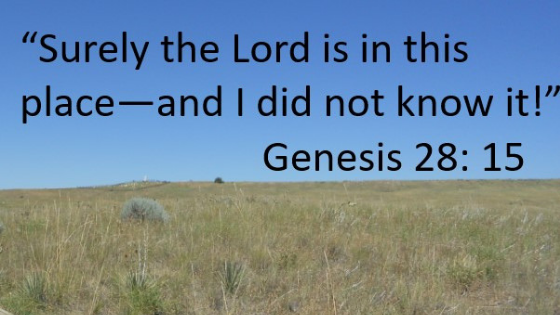
Shabbat Table Talk
Parashat Eikev, Erev Shabbat 11 August, 2017
Week of 6-12 August, 2017
Torah portion: Deuteronomy 7:12-11:25 Haftarah: Isaiah 49:14-51:3
Moses’ Second discourse contains the reminder that God has chosen this nation for a special purpose… to live as a holy people according to God’s commandments. (Frankel, p. 258). Re-reading Eikev several phrases caught my attention, phrases that encourage us today to live as a holy people whether we are Jewish or live according to another tradition. Today the description of “chosen people” might also be read as “who brings us near to God’s service” (Frankel, p.260)
-7:13 “favor you and bless you”, literally “love you and bless you”. A.J. Heshel says, only a blessing that flows from love deserves to be called a blessing. (Lieber, p. 1037)
-8:7 “A Good Land..” The phrase is a repetition, like a refrain, and its descriptions of fruits and blessings easily jump into our memory and never cease to create a feeling of wonder and promise. The people, the land and God are all related to each other. (Klein, p.49)
-8:10 “When you have eaten your fill”, Shlomo of Karlin says, when one eats in a spirit of gratitude, whether there is much food or little, the meal is satisfying! (Lieber, p.1041)
-9:7 “remember, never forget”…we are not so virtuous, we are prone to defiance of God! We note again, when there is a repetition, it is important to pay attention. Humility is a necessary quality, (Plaut, p.1226).
-9:12 “the people you (Moshe) brought out of Egypt”, God shows irritation to our defiance.
-9:26 “Your very own (G-d’s) people”, Moshe, as mediator… appeals to G-d (Lieber, p. 1046)
-10:8 “to bless in His name”, i.e. that is to pronounce the priestly benediction
-10:19 “you too must befriend the stranger”, the ‘stranger’ is a word describing the resident alien in the land. “Befriend” or the literal translation “love” sets a high standard. In today’s world with many refugees and individuals searching for a better life away from their native country, this call to me seems the challenge of the times. The fact that “love the stranger” is used 36 times in the Scripture probably reflects that this is a difficult thing to do and that therefore we need reminding! (Plaut, p. 1244). The essay on the “The Good Land” concludes with this “Thus, the esteem for and love of the stranger is a reflection of God. In the alien, we are first and foremost bidden to discover the presence of the redeeming G-d and thereby to reinforce our bonds with all humankind.” (Plaut p.1245)
-11:13 “Loving the Lord your G-d and serving Him with all your heart and soul”. This passage is part of the prayers recited after the Sh’ma Ysrael in prayer services. The connection of loving the Lord and obeying all the commandments leading to the rains that will water the land and its crops is stated here in the plural (unlike Deut.6:5-9 where the same phrase is stated in singular). Lieber in footnotes (p.1052) writes “that righteous communities will tend to thrive and bestow blessings on all their members, the good and the less good alike.”
For Reflection and Discussion: Love or befriend; righteousness and blessing; gratitude and humility; your people or My people; Consider how a set of such phrases interact and affect your own lives.
Bibliography: Frankel, Ellen, The Five Books of Miriam, San Francisco 1996; Klein, Joyce, The Sahbbat Book, Israel, 1997; Lieber, Etz Hayim, Torah and Commentary, New York, 2001; Plaut, The Torah, A Modern Commentary (New York, 2006)
This week’s teaching commentary was prepared by
MariAnn (Marjan) Saenen, B.A. M.A. Michigan State University,
Lay Minister, Diocese of Saginaw, MI
Bat Kol alum 1999-2000; 2002, 2010, 2015, 2016
marjansaenen@hotmail.com
[Copyright © 2017]
…………………………………………………………………
PLEASE NOTE: The weekly Parashah commentaries represent the research and creative thought of their authors, and are meant to stimulate deeper thinking about the meaning of the Scriptures. While they draw upon the study methods and sources employed by the Bat Kol Institute, the views and conclusions expressed in these commentaries are solely those of their authors, and do not necessarily represent the views of Bat Kol. The commentaries, along with all materials published on the Bat Kol website, are copyrighted by the writers, and are made available for personal and group study, and local church purposes. Permission needed for other purposes. Questions, comments and feedback are always welcome.
…………………………………………………………………
Bat Kol Institute for Jewish Studies, Jerusalem
1983-2017
“Christians Studying the Bible within its Jewish milieu, using Jewish Sources.”
Website: www.batkol.info Parashat Admin: gill@batkol.info



